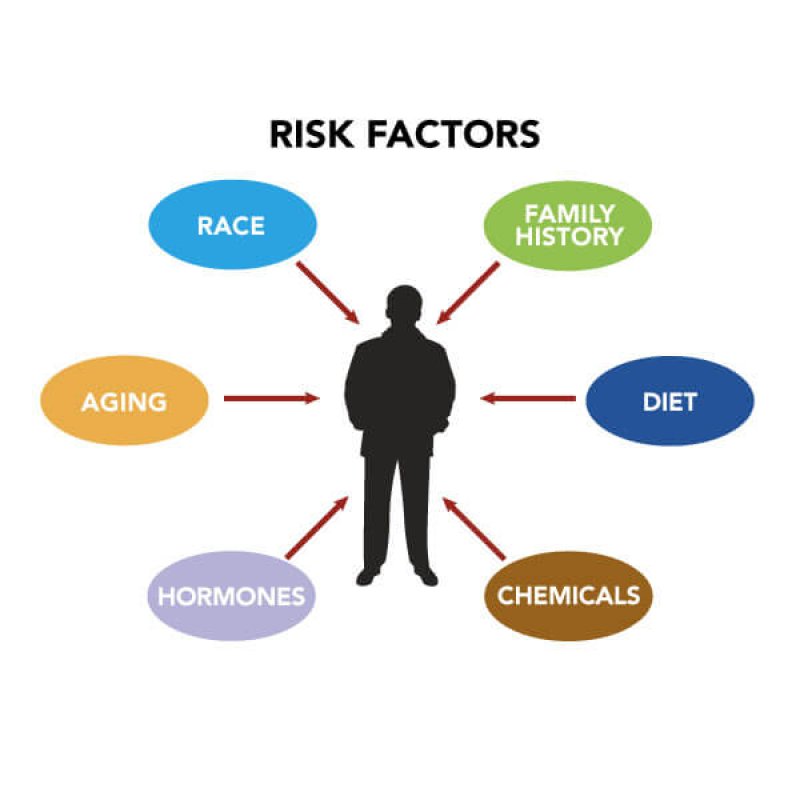[Editor’s note: The following is part of an interview with James DeGregori is a professor in the Department of Biochemistry and Molecular Genetics at the University of Colorado School of Medicine.]
To better understand and treat cancer, physicians need to stop oversimplifying its causes. Cancer results not solely from genetic mutations but by adapting to and thriving in micro-environments in the body.
…
How should we study the origins of cancer?
My lab has been researching the origins of cancers for the last 15 to 17 years. We’re trying to understand cancer from an evolutionary viewpoint, understanding how it evolves. A lot of people think about cancer from an evolutionary viewpoint. But what sets us apart is that we’ve really come to understand cancer by the context these cells find themselves in.
What’s an example of such a context?
While other people will think about aging as the time for mutations to cause advantageous events [for cancer] in cells, we see aging as a very different process. It’s not about the time you get mutations—you get many mutations when you’re young. It’s the tissue environment for the cells that changes dramatically as we age. Those new tissue environments basically stimulate the evolution. So the evolution isn’t a process that’s limited by the mutation so much as a process that is limited by micro-environment changes.
The GLP aggregated and excerpted this blog/article to reflect the diversity of news, opinion, and analysis. Read full, original post: The Problem with the Mutation-Centric View of Cancer































